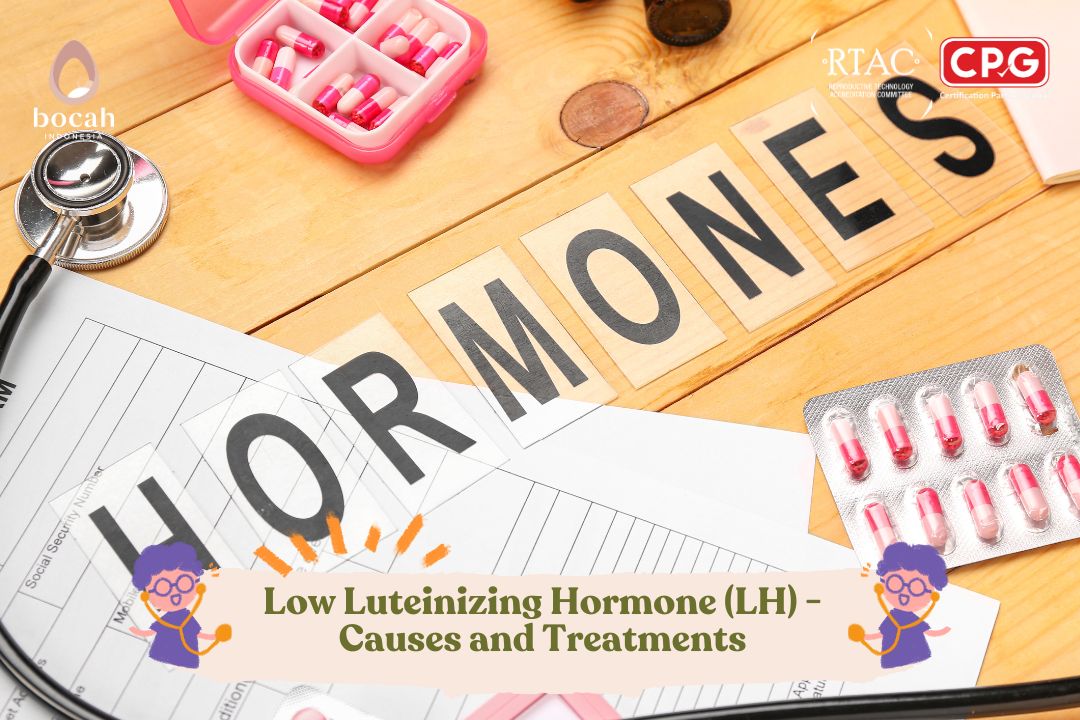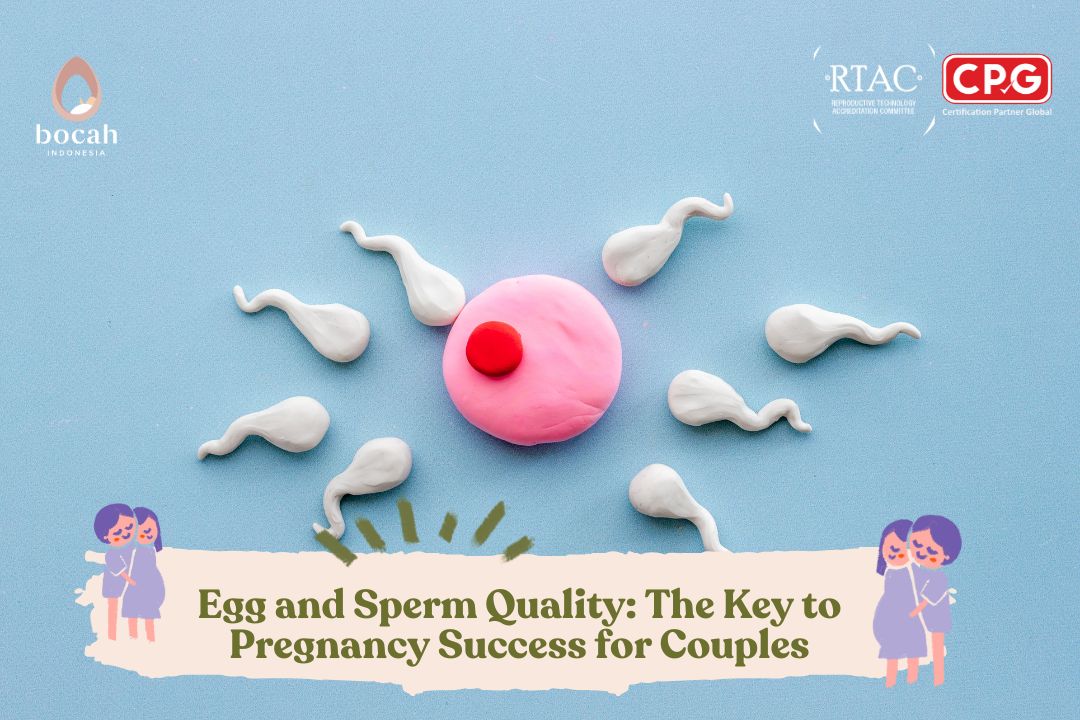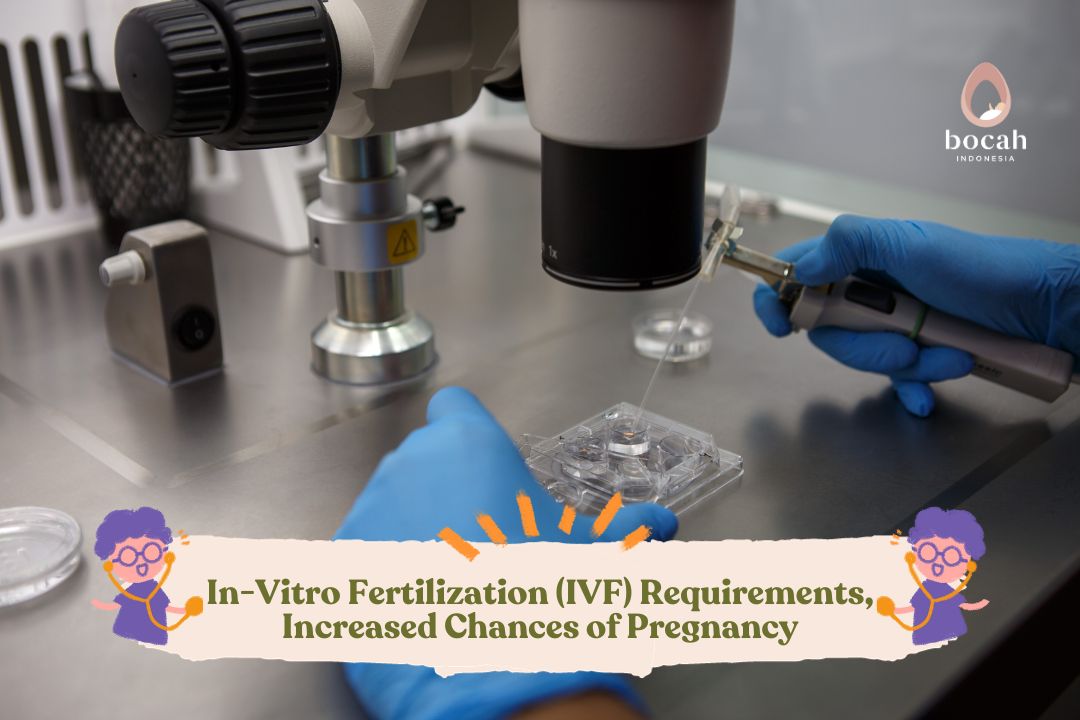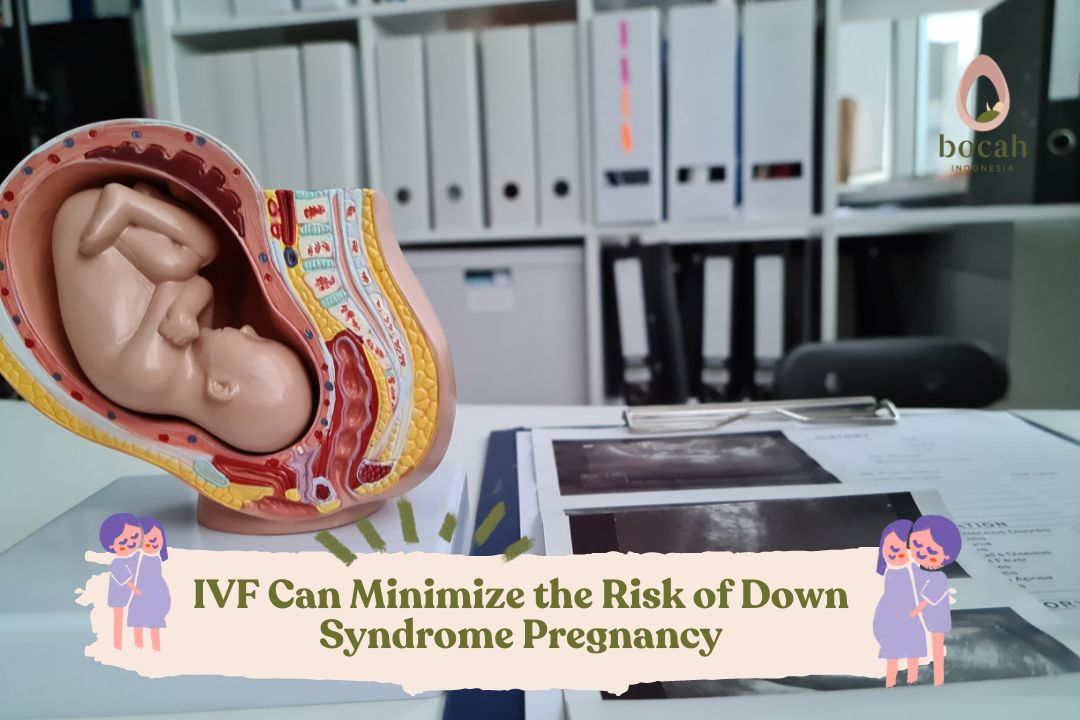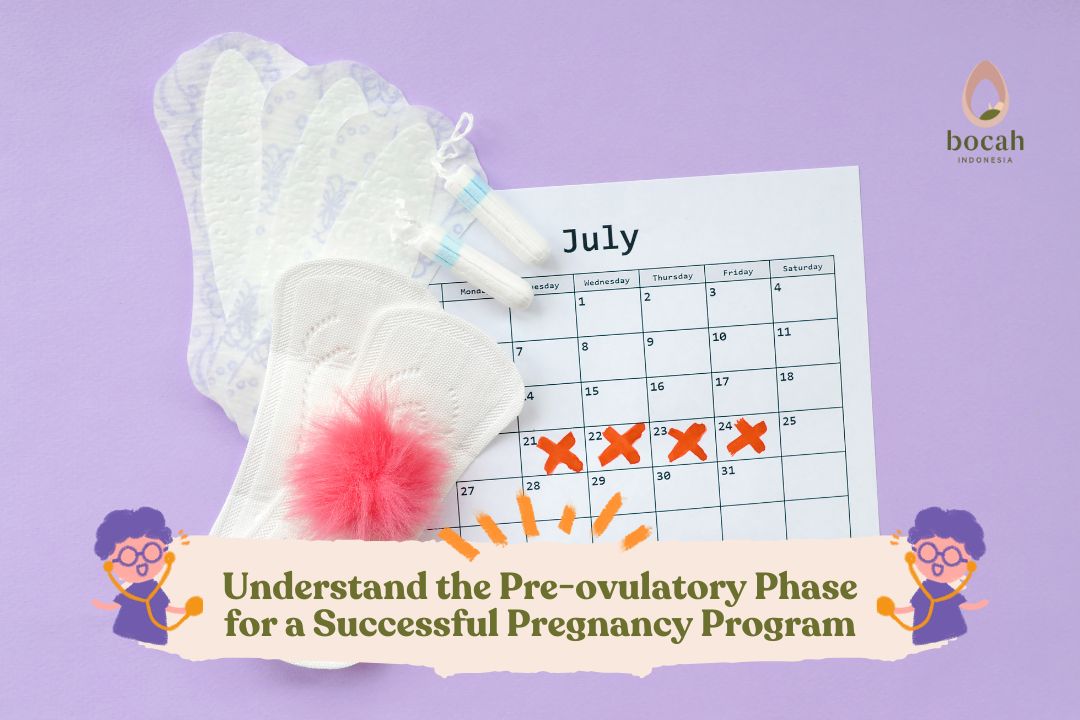Ways to Detect and Treat Pregnancy Hormone Issues

Hormonal disorders can affect the potential for pregnancy. Learn how to detect and treat hormonal issues for pregnancy below.
There are several hormones that influence the pregnancy process. Three hormones that play a major role in pregnancy include progesterone, estrogen, and human chorionic gonadotropin (hCG).
An imbalance in these hormone levels can affect your potential to conceive. Therefore, undergo a pregnancy hormone examination along with therapy to increase your chances of getting pregnant.
Below are the ways to detect and treat pregnancy hormonal issues that you need to know.
1. Progesterone
Progesterone is one of the two main hormones that play an important role in pregnancy. Some progesterone is produced in the ovaries.
Tanya Mincah tentang Promil?
Progesterone begins to work after fertilization occurs. It helps to line the uterine wall so that the embryo can easily attach, increasing the chances of pregnancy.
During pregnancy, progesterone levels will increase tenfold compared to normal levels.
Conversely, a decrease in progesterone levels can cause irregular menstrual cycles and difficulty in conceiving. This is because the uterine lining becomes too thin for the embryo to attach.
Therefore, a progesterone test is necessary to determine the levels of progesterone in your body.
In addition to detecting pregnancy potential, a progesterone test can help doctors examine the causes of infertility in women, detect the potential for miscarriage before the 20th week of pregnancy, and diagnose the risk of ectopic pregnancy and ovarian cancer.
To check progesterone levels, the doctor will first take a blood sample. Then, the progesterone levels in the blood will be analyzed. Here is how to read progesterone levels:
-
High Progesterone Levels
High progesterone levels can indicate a potential pregnancy. However, if progesterone levels are higher than the average levels in pregnant women, it could mean you are carrying twins or more.
Extremely high progesterone levels can also be a sign of a molar pregnancy, which is a condition where abnormal tissue grows inside the uterus.
On the other hand, if you have high progesterone levels but are not pregnant, this could indicate the presence of ovarian cysts, ovarian cancer, or adrenal gland disorders. Further examination is necessary to determine the cause of high progesterone levels.
-
Low Progesterone Levels
Low progesterone levels can make it difficult for you to conceive. This condition can also lead to irregular menstrual cycles or even the absence of menstruation altogether.
If you are pregnant but have low progesterone levels, it could indicate an ectopic pregnancy, preeclampsia, or a high risk of miscarriage. Additional testing is required to confirm the cause of low progesterone levels.
To regulate the ovulation and menstrual cycles and increase the chances of pregnancy, your doctor may prescribe progesterone injections. Progesterone injections are also beneficial for treating vaginal bleeding and recurrent miscarriages.
2. Estrogen
Estrogen is the main female hormone that plays an important role in your pregnancy. Estrogen is produced by the ovaries and later by the placenta.
Estrogen helps in the growth of the uterus, maintains the uterine lining, aids in the development of the baby’s organs, and regulates the function of other hormones.
Estrogen also promotes breast tissue growth and supports milk flow when you start breastfeeding.
An estrogen test is necessary if you have low estrogen levels. This can be indicated by experiencing abnormal menstrual cycles or even the absence of menstruation despite being in your fertile period, as well as difficulty conceiving.
Your estrogen levels can be tested in three ways: through blood, urine, and saliva samples.
If the test results show that you have low estrogen levels, it means you are at risk of having difficulty conceiving. Conversely, if you are pregnant, an estrogen test can help check the risk of giving birth to a baby with genetic birth defects, such as Down syndrome. An estrogen test is especially necessary if you have the following criteria:
- Family history of birth defects
- Suffering from diabetes
- Previous viral infection during pregnancy
- Age 35 or older
If your estrogen hormone levels are detected to be low, your doctor may prescribe estrogen hormone therapy. The therapy is carried out by taking estrogen in tablet form.
In Indonesia, the type of estrogen hormone used is conjugated estrogen. This is made from a mixture of several estrogens extracted from natural sources.


